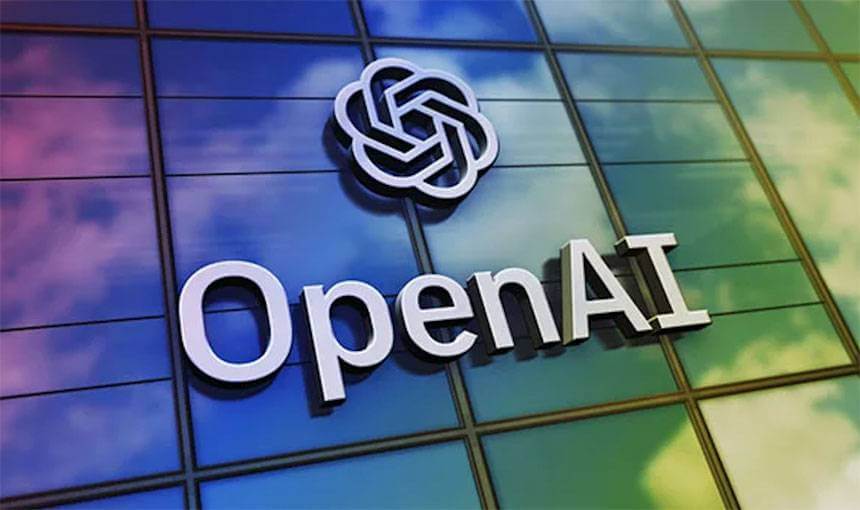In a surprising turn of events, xAI, Elon Musk's artificial intelligence venture, has made its Grok 4 model freely available to all users. This move closely follows the release of OpenAI's GPT-5, setting the stage for intense competition in the AI landscape.
Grok 4, which debuted in July 2025, boasts enhanced reasoning capabilities, faster response times, and broader multimodal functionality compared to its predecessors. Early benchmarks suggested it could rival or even surpass models like OpenAI's GPT-5 and Anthropic's Claude 3.5 in terms of reasoning and speed. Previously, access to Grok 4 was limited to subscribers of xAI's SuperGrok and X Premium plans.
Now, all users can access Grok 4, albeit with certain limitations. While xAI has not explicitly detailed these restrictions, reports suggest it could be as little as five queries a day or ten messages per 12 hours. To access Grok 4, users can utilize "Auto mode," allowing Grok to determine if a query requires the advanced reasoning of Grok 4. Alternatively, users can select "Expert" mode to ensure Grok 4 is always used. xAI stated they are rolling out generous usage limits for a limited time so users can explore Grok 4's full potential.
This strategic decision by xAI appears to be aimed at expanding its user base and challenging OpenAI's dominance. Some speculate that the timing is not coincidental, as it comes amid user dissatisfaction with GPT-5. Complaints have surfaced on platforms like Reddit, with users describing GPT-5 as "sterile" and lacking the creativity of earlier models. OpenAI has responded by reinstating GPT-4o access for Plus subscribers and increasing rate limits for GPT-5.
In addition to making Grok 4 free, xAI has also made its AI image-to-video generation tool, Grok Imagine, available to all users in the United States for a limited time. This tool, a competitor to OpenAI's Sora and Google's Veo 3, allows users to create 15-second videos with sound.
However, Grok Imagine recently faced controversy after users discovered it could be used to generate explicit videos of celebrities. This has raised concerns about the safety and ethical implications of AI-generated content.
Meanwhile, Elon Musk has unveiled plans to introduce advertisements directly within the Grok chatbot interface. This move aims to generate revenue to offset the high costs associated with the GPUs required to power AI models. Musk stated that ads would appear between answers and suggestions on the Grok AI chatbot website and mobile app.
Adding another layer to the complex relationship between Musk and OpenAI, Musk has accused Apple of favoring OpenAI in its App Store rankings and threatened legal action. He claims Apple is preventing other AI companies from reaching the top spot and that this constitutes an antitrust violation. Musk also questioned why Apple refuses to feature X or Grok in its "Must Have" section, while ChatGPT is prominently displayed. Sam Altman, CEO of OpenAI, responded to Musk's accusations with his own allegations.
OpenAI recently launched GPT-5, touting it as a significant leap in intelligence over previous models. GPT-5 is available to all users, with Plus subscribers receiving more usage and Pro subscribers gaining access to a version with extended reasoning. OpenAI emphasized improvements in reducing hallucinations, following instructions, and minimizing sycophancy, while also enhancing performance in writing, coding, and health-related tasks. GPT-5 is also being rolled out in public preview for GitHub Copilot.















